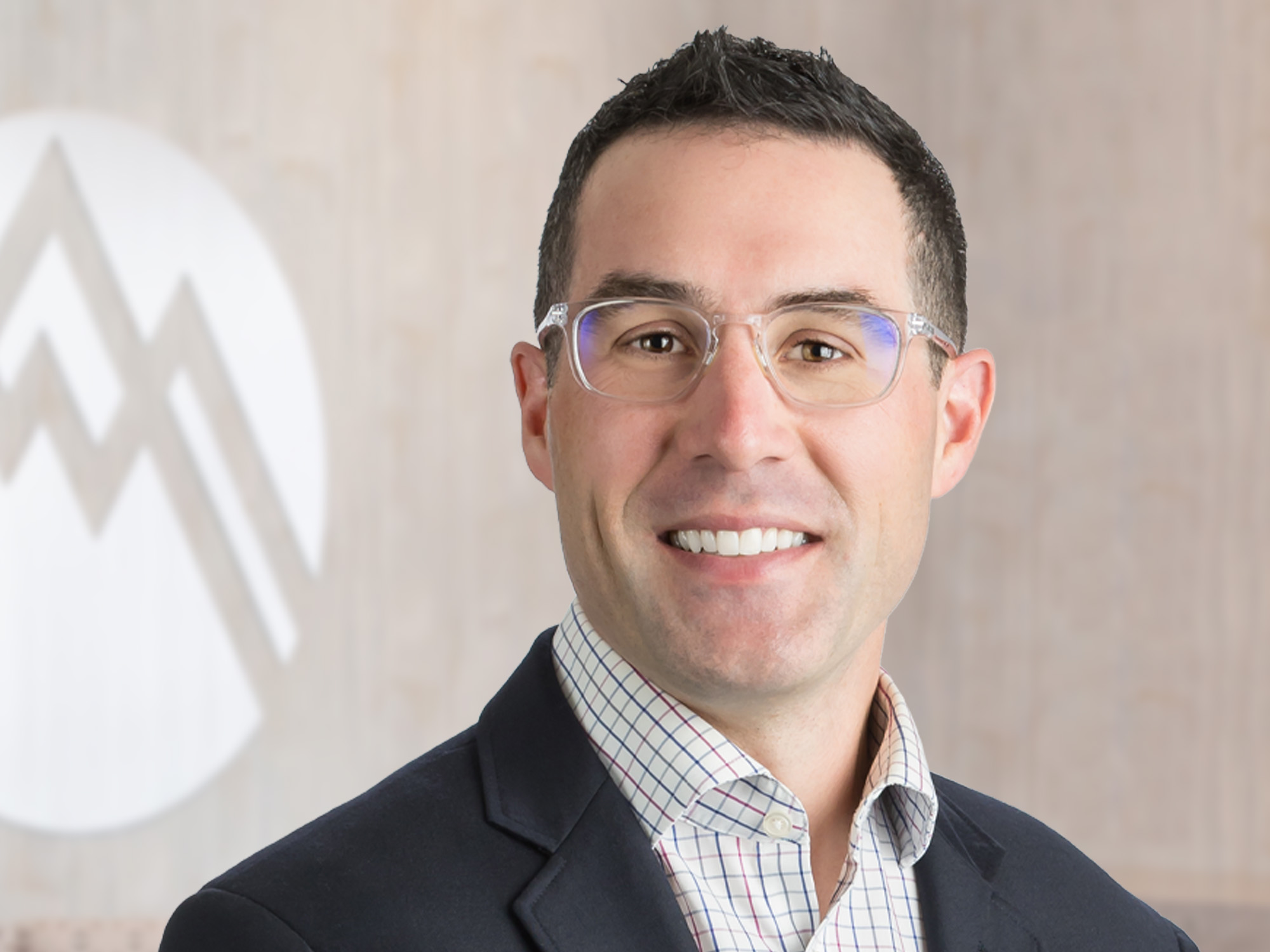Our shoulder joint provides a wide range of motion, but injury or wear and tear can cause pain that limits mobility. Dr. Warner discusses the most common reasons for shoulder pain, and the treatments available.
We can thank our shoulder joints for the flexibility that lets us push back our hair, execute a perfect golf swing, or swim a few laps at the pool. But the bones, muscles, and tendons in our shoulders aren’t immune to overuse damage and injury. Summit Orthopedics sports medicine physician and orthopedic surgeon Dr. Brent Warner explains common shoulder injuries and discusses the treatment options available to treat shoulder pain.
“I treat a variety of patients for shoulder pain,” he explains. “I certainly see young athletes with fractures or other acute injuries, but stiff painful shoulders caused by wear and tear as well as overuse injuries typically affect my middle-aged and more mature patients. Overuse issues can affect people who swam or golfed in their youth, but they aren’t necessarily triggered by athletics. These problems can also be the result of work, or everyday activities, for people who spend all day lifting heavy objects or reaching into the back seat of a mail truck.”
Pain is the most obvious symptom of a shoulder problem, though many aches will resolve without medical care and don’t necessarily require a call for a medical appointment. “Most chronic injuries are not extremely time sensitive,” Dr. Warner says. “It’s a rare instance where someone is going to do additional damage or make their problem worse by giving shoulder pain a little time to get better. But if pain starts to affect your daily life, so that you are struggling and can no longer clean or dress yourself, or go to the grocery store, or do the other things you need to do to take care of yourself, then it’s time to come in and see us at Summit Orthopedics.”
Dr. Warner identifies some flags that should trigger a medical appointment. “One symptom of a rotator cuff tear is when it hurts to do the same activity over and over,” he explains. “Another flag is loss of range of motion. When you can no longer reach up over your head to put something in the overhead bin on an airplane, or reach into the top of your closet, or easily put your hand into your back pocket, I would encourage you to come in and see us. And pain that wakes you up at night, or doesn’t let you get to sleep, is a big red flag.”
When patients do come in concerned about a shoulder problem, Dr. Warner takes a comprehensive approach to his examination. “The two most important factors for me are the patient’s history and the physical exam,” he says. “I ask for details about the pain. When did it start? How has it evolved over time? What is the specific thing that caused the problem to be exacerbated—or get better? Then, I want to examine the shoulder to see how it moves and where it hurts. How strong or not strong are the components of the rotator cuff and other muscles around the shoulder? If it’s the patient’s first visit, we get an X-ray to see the bony anatomy. Depending on what we find, we might also get an MRI to look at the soft tissue components of the shoulder: the muscles, tendons, and cartilage.”
Treatments for shoulder injuries cover a wide spectrum from conservative to surgical. “In most cases, we begin with a nonoperative treatment,” notes Dr. Warner. “A lot of shoulder problems will improve with physical therapy over time. Injections can help decrease inflammation or pain.
“If nonoperative treatments don’t relieve the pain, we’ll consider surgery. I operate arthroscopically whenever possible. Arthroscopic surgery uses small incisions, so people tend to recover more quickly and have less pain after their procedure. Whenever I can do something arthroscopically, I want to do that, though there are conditions that require an open approach. When all is said and done, all of us at Summit Orthopedics are focused on the treatment that will give our patients the best outcome.”
Summit Orthopedics offers comprehensive sports medicine expertise
From Olympians to pro athletes to kids in youth sports and those that just want to be more active—Summit Orthopedics delivers expert care by fellowship-trained sports medicine physicians. If you are recently injured or concerned about ongoing pain, Summit Orthopedics sports medicine specialists have the expertise to evaluate your discomfort and develop a plan to quickly and safely help you get back to being active.
Start your journey to stronger, healthier athletic condition. Find your sports medicine expert, request an appointment online, or call us at (651) 968–5201 to schedule a sports medicine consultation.
Summit has convenient locations across the Minneapolis-St. Paul metro area, serving Minnesota and western Wisconsin. We have state-of-the-art centers for comprehensive orthopedic care in Eagan, MN, Plymouth, MN, Vadnais Heights, MN, and Woodbury, MN, as well as additional community clinics throughout the metro and southern Minnesota.
More resources for you
- Recovering From A Dislocated Shoulder
- Try these fishing tips to protect your hands, wrists, and shoulders
- Simple Habits for Shoulder Health
- Research Compares Non-Surgical Treatments For Shoulder Pain

